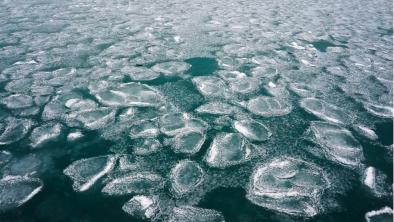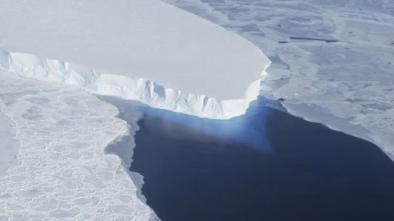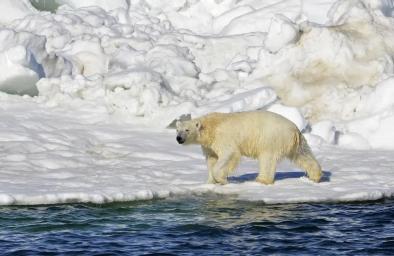Science Source
The emergence of surface-based Arctic amplification
- States that rises in surface and lower troposphere air temperatures through the 21st century are projected to be especially pronounced over the Arctic Ocean during the cold season
- States that this Arctic amplification is largely driven by loss of the sea ice cover, allowing for strong heat transfers from the ocean to the atmosphere
- Finds that fields from both the NCEP/NCAR and JRA-25 reanalyses point to emergence of surface-based Arctic amplification in the last decade, consistent with observed reductions in sea ice extent
Related Content
Science Source
| Nature
Regime shift in Arctic Ocean sea ice thickness
Headline

Feb 21, 2023 | Climate Nexus Hot News
Ice Absent From Great Lakes, New England
Headline

Feb 16, 2023 | Climate Nexus Hot News
Antarctic Sea Ice At Lowest Recorded Levels, Again; Thwaites Glacier's Weak Spots Getting Weaker
Headline

Jan 25, 2023 | Climate Nexus Hot News
Melting Sea Ice Could Increase Threatens Polar Bears, People


